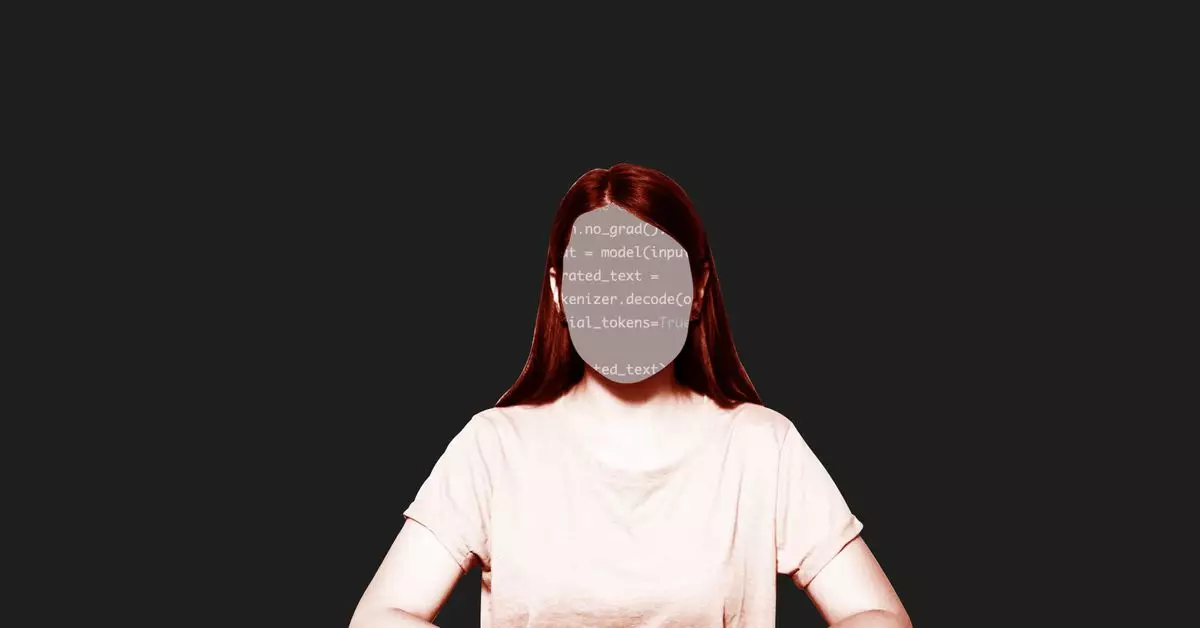Artificial intelligence has made significant strides in various fields, including healthcare. A recent encounter showcased how AI transcription tools can enhance the efficiency of patient consultations. My personal experience with an AI tool demonstrated its potential, yet a deeper analysis reveals troubling inconsistencies and concerns surrounding its reliability. As innovations like OpenAI’s Whisper gain traction in medical transcription, it’s crucial to critically assess their implications.
OpenAI’s Whisper is a transcription tool gaining traction in medical settings, with Nabla—a company that estimates its technology has recorded over seven million medical conversations—being one of its notable adopters. More than 30,000 healthcare professionals rely on it, suggesting a robust integration into healthcare workflows. While the numbers indicate broad utility, it raises questions about the underlying accuracy and dependability of generated transcripts, especially in life-altering settings.
A troubling aspect uncovered by researchers from institutions such as Cornell University and the University of Washington is the phenomenon known as “hallucination.” This term describes a scenario where AI models fabricate information, resulting in entirely invented sentences or statements during otherwise silent moments in recordings. In a study analyzing AI transcriptions, it was found that approximately 1% of Whisper’s generated content reflected hallucinations. This may seem like a small percentage, but when applied to millions of healthcare interactions, the implications become severe.
Researchers highlighted concerning instances, including the creation of fictitious medical terms and phrases one might encounter in light-hearted YouTube videos, such as, “Thank you for watching!” Such anomalies not only complicate medical documentation but could potentially endanger patient care by misinforming clinicians. The integration of AI in healthcare demands a level of precision that these hallucinations starkly contradict.
In response to these findings, Nabla acknowledges the limitations intrinsic to Whisper’s capabilities and is reportedly working to mitigate these hallucination issues. However, the critical question remains about the safeguards in place to prevent reliance on potentially flawed AI outputs. Communications from OpenAI indicate an awareness of the risks involved and a commitment to continual improvement, particularly concerning high-stakes environments.
While AI tools like Whisper offer tremendous potential to streamline healthcare operations, it is imperative to approach their implementation with caution. Healthcare providers must be vigilant about the discrepancies these systems may introduce into patient records and care. As AI continues to revolutionize medical practices, the intersection of technological advancement and patient safety must demand our utmost scrutiny, ensuring that while we embrace innovation, we remain grounded in the accurate delivery of healthcare services.

